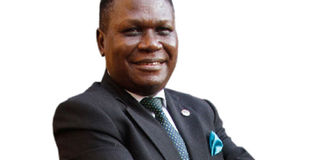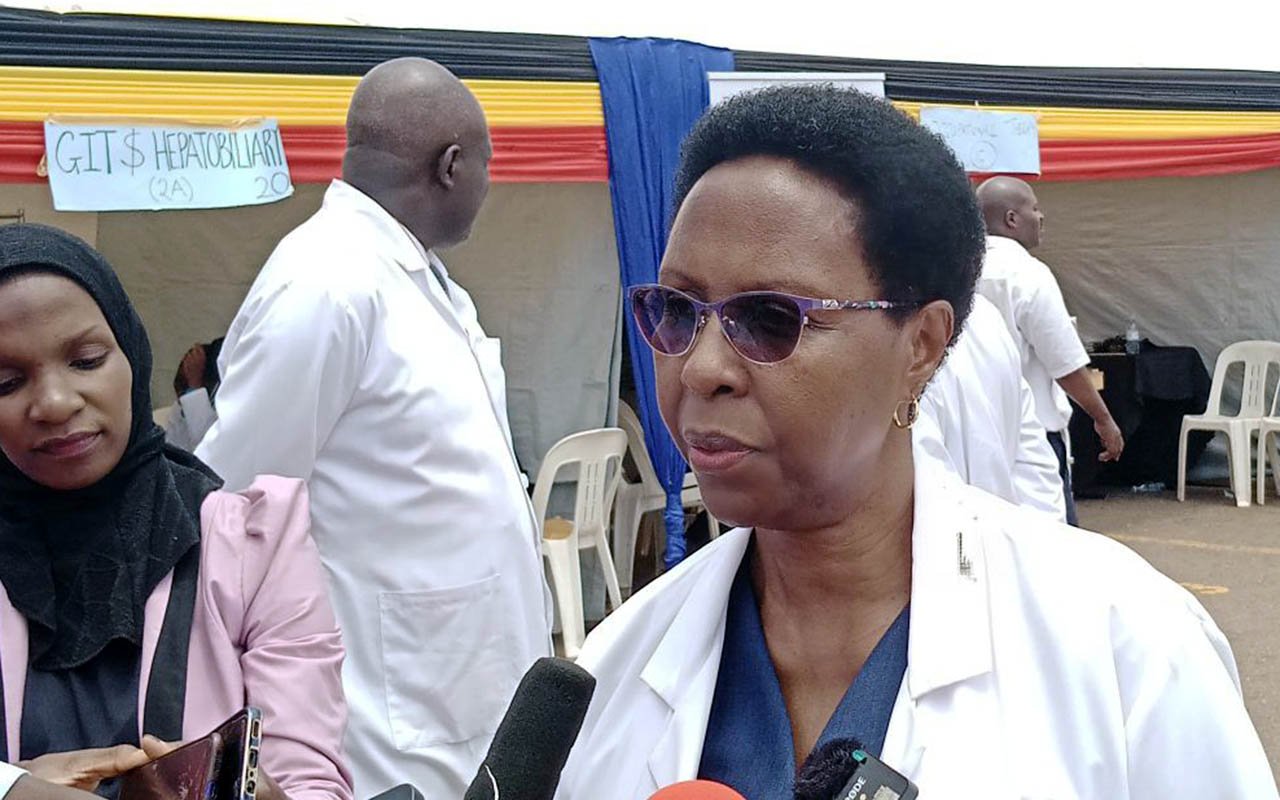Prime
15 years on, Peter Oloya’s soul cries out for justice

Today December 10, is International Human Rights Day. I have chosen to retell the story and of a most sordid incident. About 15 years ago, on September 16, 2002, Peter Oloya, commonly known as Yumbe, was killed.
In the words of Justice Augustine Kania, Peter Oloya was “murdered in cold blood”. On that day, a contingent of UPDF soldiers led by now Maj Gen Charles Otema, raided Gulu Central Prison and forcefully abducted 21 prisoners, who were on charges ranging from murder to treason. They were later locked up in the UPDF 4th Division Barracks in Gulu.
September 16,2002, was a Friday. It was a visitation day in Gulu Prison. It was a cloudy day.
It was as if for a yet unknown reason or a foreboding, the sun was too ashamed to show its face.
Prisoners sat anxiously in little groups in the prison yard, each of them wondering whether they would receive a visit from their loved ones. Among them was Oloya. He was in his late 20s.
On that fateful day, he got visitors from home. They brought him his favorite dish - four legs and a head of a goat. Cooked food is not allowed in prisons. He had it prepared and he ate it with his colleagues during dinner. They were Ochieng David Penytoo, Lukwiya Pido, Stephen Olanya, Alex Otim and Tony Kitara. It would be his last supper. At 8pm, it was time for lock up and Oloya went to his ward - Ward Number 3.
In the middle of the night, the inmates heard loud noises and banging of doors. Furniture was being roughly thrown about, people were wailing. These noises were coming from around the guard house near the gate located about 10 metres away from Wards 2 and 3. Inside the wards, lights were on. Outside, it was pitch dark.
Loud commands were heard demanding that “the six must be handed over immediately”. Soon, the small gate leading to the courtyard was forced open and a huge contingent of heavily armed soldiers swarmed the compound. The soldiers then headed to Ward 3 situated directly opposite Ward 2. There, Oloya and Pido were ordered out. Oloya, who was dressed in a yellow uniform shorts and shirt, together with Pido, complied with the orders and came out.
Soon, there was a brief but violent scuffle. A loud voice was overheard shouting orders in Swahili: ‘nani wuyo, piga, piga yeye’ literally meaning ‘who is that one? Shoot him’. Shortly, a hail of bullets were sprayed and the prisoners were ordered into the gate house.
The regional prisons commander, Mr Onyai, was in the office. He was seated on the floor holding his head with both hands. His facial expression embodied pain and grief. Inside the gate house, the prisoners were beaten and kicked about as the prison officers looked on helplessly.
They were then dragged and shoved into a waiting military truck. Armored Personnel Carriers commonly known as “Mamba” and “Buffalo” were parked nearby, their bright headlamps beaming directly at the prison main gate. The prisoners were ordered to lie face down in the waterlogged truck.
Other prisoners were ordered to carry the lifeless body of Oloya into the truck.
The heavily escorted truck sped off. The convoy stopped at the quarter guard of the 4th Division headquarters. The inmates were shoved out of the truck amid kicks and beatings.
The truck drove off with Yumbe’s body.
It is now 15 years since Oloya was murdered. The courts of law ruled that the Oloya’s death was an extrajudicial execution by members of the army and, therefore, his survivors were entitled to compensation computed at Shs40m. To date Oloya’s family is being tossed around by the office of the Attorney General. His family struggles, while their demand for the court awarded compensation is subjected to bureaucratic ping pong.
Oloya’s body was reportedly dumped in an unmarked grave at the cemetery originally earmarked for victims of Ebola. His family never got a chance to grieve by his casket or gravesite. Demands for the government to exhume his body and hand it over to his family have fallen on deaf ears.




